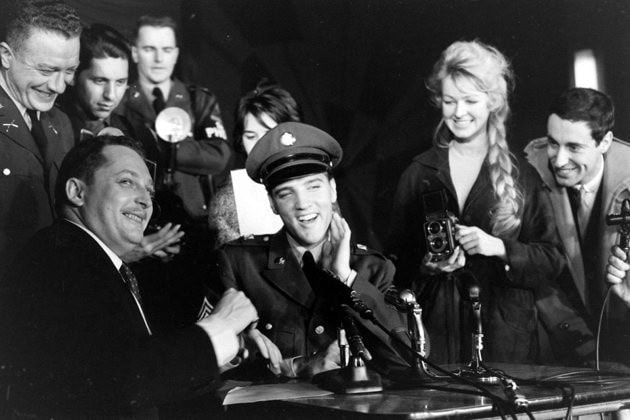
Introduction
When Elvis Presley released “It’s Now or Never” in 1960, no one could have imagined the earthquake it would unleash on popular music. Forget the leather-clad rebel of the 1950s shaking his hips on stage—this was Elvis transformed into something greater, something almost untouchable. With one song, he silenced the critics who thought he was just a passing fad and reminded the world why he would forever be called the King of Rock and Roll.
What makes this moment shocking, even today, is how daring Elvis was. At the height of rock-and-roll mania, he didn’t double down on the same rebellious style that had already made him famous. Instead, he stunned the world by delivering a romantic ballad with operatic power, based on the classic Italian song “O Sole Mio.” Nobody saw it coming. The King had gone global, and the gamble worked: “It’s Now or Never” sold over 20 million copies worldwide and became one of the best-selling singles of all time.
But behind the success, there was also tension. Some insiders say Elvis worried that fans wouldn’t accept him in this new style—smooth, elegant, and vulnerable. Yet it was precisely that vulnerability that broke through the noise of pop culture. When Elvis sang “Tomorrow will be too late…” it wasn’t just a lyric—it was a command. A demand to seize life, love, and passion before the chance slipped away forever.
The shock is that more than six decades later, the song still feels urgent. It’s not nostalgia—it’s a reminder. Elvis didn’t just record a hit; he delivered a message that outlived him. “It’s Now or Never” wasn’t only a song—it was a prophecy. And the world has never stopped listening.